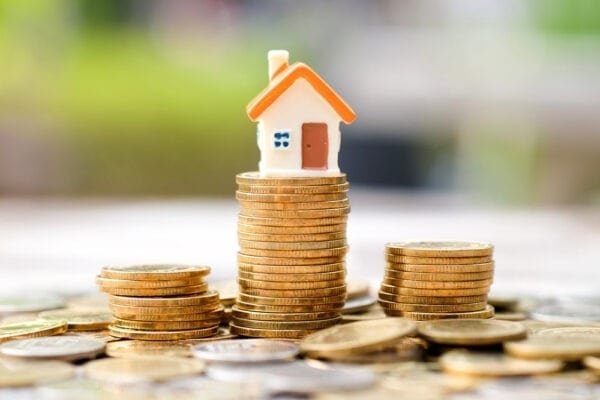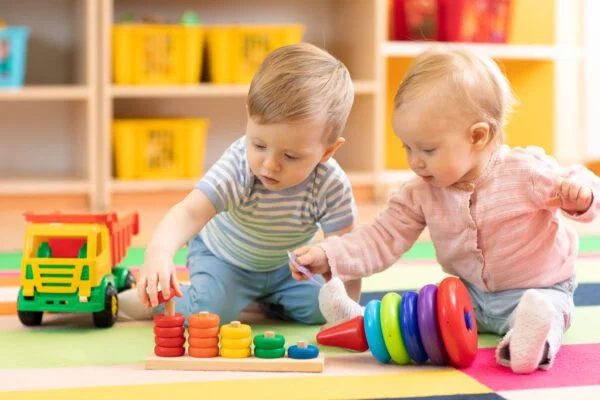WHAT ARE THE EXTRA COSTS TO PREPARE FOR WHEN BUYING YOUR FIRST HOME?

WHAT ARE THE EXTRA COSTS TO PREPARE FOR WHEN BUYING YOUR FIRST HOME?
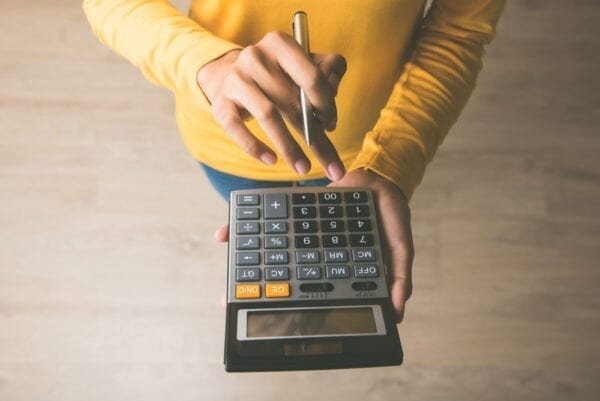
What are the extra costs to prepare for when buying your first home you may ask? When arranging to purchase and move into your new home, the financial focus can understandably shine on the house cost alone. This will typically have the largest price tag of everything you are about to spend money on, and be the most substantial single purchase that any first time home buyer has ever made. However, this is definitely not where the withdrawals from your funds stop, and before you decide what price range of home is in your budget, make sure to factor in all of the other costs involved. A seasoned broker and real estate agent team will most likely help with any questions you may have, but heading in to this type of purchase with your eyes wide open will help you avoid any scary, unexpected bills. And regardless of the professional team you have representing you in the transaction, taking the initiative to understand where all your hard earned money will be going is paramount. Before you start shopping for new furniture or toys to deck out the house, keep the following expenses in mind!
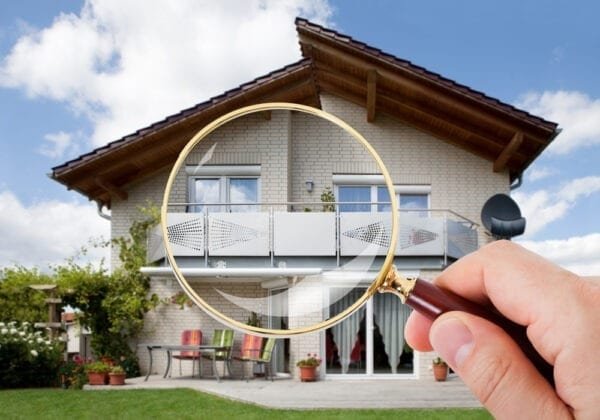
Your Inspection, Your Bill!
A traditional practice in the buyers best interest, before taking possession of a home, is to book an inspection. You can have your real estate agent write this directly into your subjects for purchase. Hopefully, you feel ecstatic about your potential new home and the condition it is in. However, there is simply no substitute to having an unbiased, experienced professional go over the physical structure of the house with a fine toothed comb. You should expect to get a full briefing on the state and functionality of every single appliance in the house. How well the furnace works, the water heater, every faucet, bath, shower and toilet. Each light switch, smoke alarm, and entire electrical panel. What is the quality of the cement in your driveway and efficiency of the gutters and drains? Your inspector will tell you. Not sure if proper supports were used when the back deck was built? You will after the inspection! This comprehensive breakdown does not come for free though. Generally the cost begins at approximately $400/visit but can definitely go up, typically depending on how long the service takes, in relation to how large the home is. You need one, and you will not regret it, so make sure to set aside money for an inspection when buying your first home.
Time To Pay The Taxman
No different to any other purchase you will ever make, there will be tax added to the final cost when you are buying a new home. This percentage may vary, depending upon where you are located. Do not hesitate to ask your broker any and all questions in this area (and frankly, all others in relation to the money you are borrowing). How much will this number affect your monthly mortgage? Is any of this tax able to be written off at the end of the year? Additionally, a completely separate tax will also be owed to the municipality that you reside within. This is called property tax. If the home sellers have paid off this cost for the year, paying that balance back to them (for however many months remaining you will be taking over) will be added to your total purchase price. If not, and the previous owners had been paying monthly or quarterly, the onus will be on you to set up an account with your city’s administration. This fee greatly differs from sales tax as it is not a one time owing, you will continue to pay it every single year. Furthermore, municipalities can annually adjust or increase the percentages owing for property taxes, so the amount you pay this year may not be the same next year. Do your research ahead of time for average property tax cost in the neighbourhoods where you are looking at houses. This needs to be an anticipated ‘extra cost’, as it is on average, at least $1,000/year for a single family detached home, often more. Be prepared to pay taxes when you buy your first home!
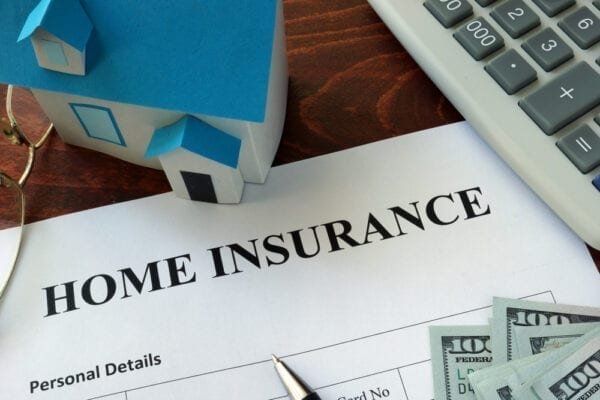
Secure And Protect The Largest Purchase Of Your Life
Owning your very first home is and should be very exciting! This is often a long, arduous process that involves a lot of energy, even more paperwork, and of course, a significant amount of money. When all is said and done, the most logical and important step to take is properly protecting your investment! In actuality, you will not have much choice here, securing coverage will undoubtedly be a condition of your mortgage lender to secure your loan. You will want to shop around for extensive insurance on your home and property; and where possible, look to include coverage for fire, flooding, and other natural disasters. Home insurance is frequently something you can bundle in with your mortgage payment, so make a note to discuss all of your options with your broker and/or lender. You can also look for combination deals to save money when you package home insurance with the provider that covers protection for your car, personal belongings, etc. Either way, homeowners insurance is an additional charge you will need to factor into your monthly/annual budget, after you have purchased your first home.
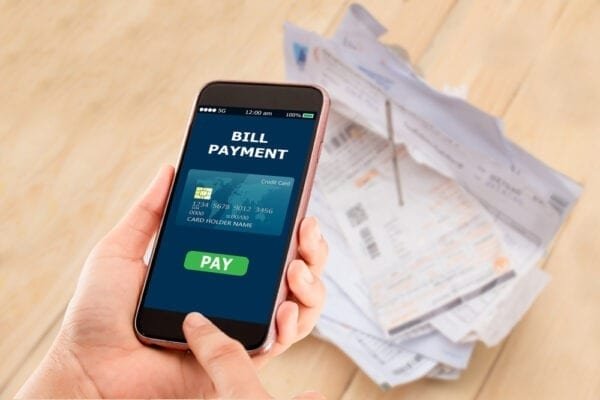
The Same Bills, But Bigger
Simply put, powering a house costs money. When it comes to first time home buyers, the reality of a greatly increased utilities bill will hit harder for those who have previously been living in a considerably smaller space. If you have been paying to heat a 1,000 (or smaller) square foot dwelling, the energy price tag on a detached home can be a shock to the system, particularly in the fall and winter seasons! Get savvy here and exploit your resources for helpful information. The expert who performs your home inspection can help with a monthly projection/estimation, and more importantly, let you know how efficiently your water and furnace systems are operating (ie. inspection). They may not want or be able to disclose this information, but ask your agent to find out from the sellers when these systems were last serviced or maintained. Something as easy as having your dryer vent cleaned, could end up saving you hundreds of dollars in annual energy costs. Despite being basic home functions, increased costs for water, heat, and power need to be considered as you get ready to move into your new stomping grounds.
If you are mapping out future costs to pay for and run your potential new home, your best bet is to round up on what you expect to shell out monthly. Being happily surprised to not owe as much as you had planned, is far better than scrambling to cover everything at month’s end. This is even more reason to stay within a strict budget when viewing houses in the first place. Purchasing outside of what you can comfortably afford will not provide a solid foundation for all of the other costs associated with home ownership. As always, empowering yourself with as much knowledge and preparation as possible heading in, will help to ease stress considerably and equip you for the ride of buying and moving into a new home!

